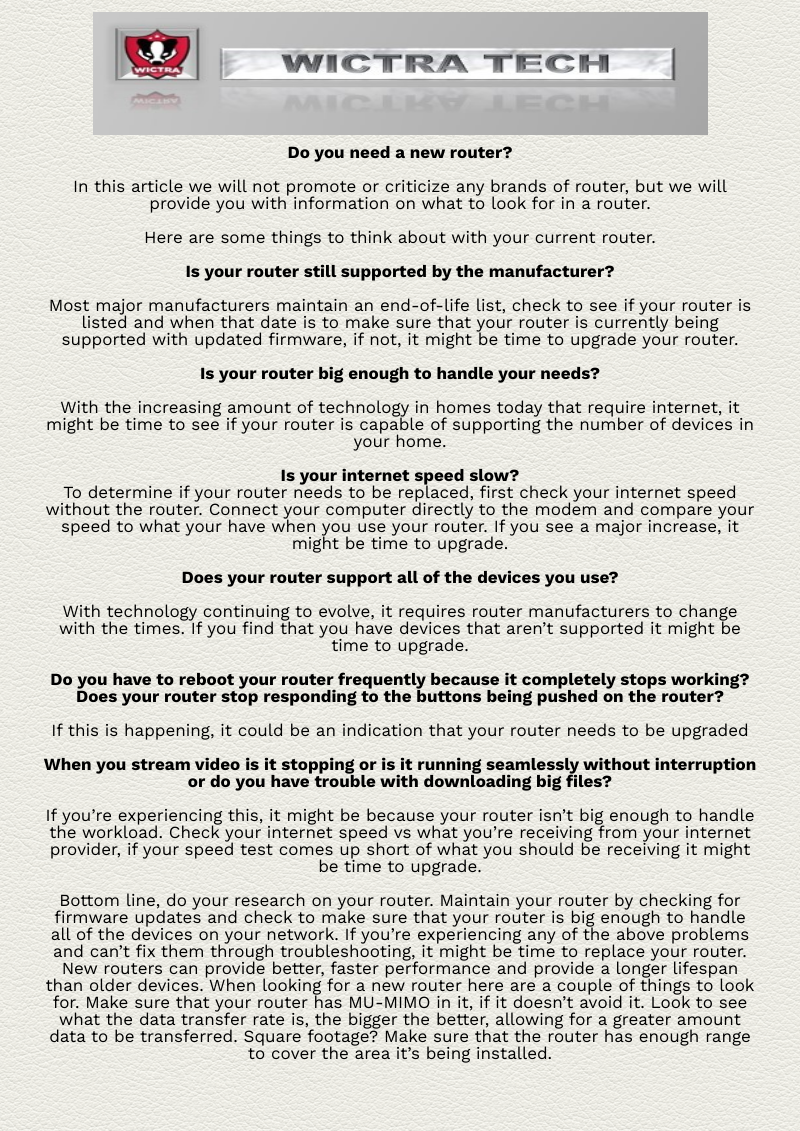
Category: Cyber Security
We’ve written on a number of occasions already this month that Google was launching a test of new technology in Google Chrome called FLoC, which stands for Federated Learning of Cohorts. It’s ostensibly meant to let Chrome improve the anonymity of users — which is something Google vowed to do a few weeks ago, via a movie to stop allowing advertisers to track users online with third-party cookies. However, Chrome will do this via FLoC while also still collecting some users’ browsing data for advertising purposes. What struck many people as particularly frustrating is that even though Google said it would test this as part of a limited pilot run before rolling it out fully, the search giant didn’t offer a straightforward way to opt out of the testing.
Each year many fall for these scams. The bad guy predate on the old, the young, anyone who may not have strong knowledge of the IRS and how it operates.
Here are just a few of the more popular scams/setups.
Any email from the IRS. The IRS does not email you.
Any phone call from the IRS. The IRS does not call you.
You are getting a refund / what is your tax refund status
False unemployment claims
Your SSN has been cancelled/suspended
You owe back taxes . Pay now or else.
Help by providing relief for this disaster
Please verify your information
Your Tax Transcript
You are a victim of Identity Theft.
Please verify your information.
You have committed a crime. Pay the fine.
Please verify your banking information
Etc. Hundreds more.
The National Cyber Warfare Foundation (https://cwr.dev) sees many alerts and notifications every year.
The IRS provides specific guidance on this issue. Read their web site post: https://lnkd.in/dSRY-Z3 the article also provides links on who to report scams/scammer to. #ncwf
If your employees don’t know how #cyberattacks occur, how will they be able to spot them? Here’s a great article that helps break down what happens during an attack, along with some of the most common threats to be aware of
A guide to the different methods cybercriminals use to harm computers and steal data
Cyberattacks are performed by malicious actors with various intentions, though the tools and methods they use are often the same.
- A cyberattack is an assault on any computer or network, almost always launched from another computer or network.
- There are a lot of ways malicious actors can launch a cyberattack, including malware, zero-day exploits, and denial-of-service attacks.
- Here’s a brief overview of cyberattacks and what you need to know about their risk.
- Visit Insider’s Tech Reference library for more stories.
Putting a PIN on your Charger or Challenger limits anyone else to idle speed.

Autoblog points out the Security Mode update that the carmaker will soon make available to owners of 2015 or newer Charger and Challenger models equipped with large HEMI V-8 engines. It’s adding two-factor authentication, only instead of sending a push notification to your phone or generating a code, it’s a simple four-digit PIN. Combining something you know with something you have (your car key) is required to make the car unlock its full potential. With the security feature turned on, unless you input the code the engine won’t rev beyond idle speed (675 RPM) where it only has about 2.8 HP and 22 pound-feet of torque.
Search engines are one of the primary resources used to spy on you. I personally know that search engines have been spying on people since the beginning.
There is a clear privacy leader for search engines: DuckDuckGo (https://duckduckgo.com)
This is a great search engine and they are privacy focused. This protects you online and greatly improves your privacy/cybersecurity posture.
You should switch all of your web browsers to use DuckDuckGo as your search engine. Including:
- Your desktop
- Your mobile devices
Switching is easy and it is never too late. You will start benefiting immediately.
We recommend the following extensions/plugins for you web browser.
uBlock – remove ads and trackers automatically be sure to use the one by Raymond Hill
uBlock Matrix – control exactly what is allowed to see your web activity via explicit authorization per web site. Be sure to use the one by Raymond HillDuck
Duck Go Privacy Essentials – protect your search history online, some ad/tracker blocking
Privacy Badger – block invisible trackers
Decentraleyes – alternative Content Delivery Network to prevent common code libraries from tracking where you go online.
Using these will greatly help protect you online. Nothing is a perfect answer to all the dangers in the Internet world, but this will get you very far down the road.
The scale of a sophisticated cyberattack on the U.S. government that was unearthed this week is much bigger than first anticipated.
The Cybersecurity and Infrastructure Security Agency said in a summary Thursday that the threat “poses a grave risk to the federal government.”
It added that “state, local, tribal, and territorial governments as well as critical infrastructure entities and other private sector organizations” are also at risk.
CISA believes the attack began at least as early as March. Since then, multiple government agencies have reportedly been targeted by the hackers, with confirmation from the Energy and Commerce departments so far.
“This threat actor has demonstrated sophistication and complex tradecraft in these intrusions,” CISA said. “Removing the threat actor from compromised environments will be highly complex and challenging.”
(Reuters) -Suspected Russian hackers who broke into U.S. government agencies also spied on less high-profile organizations, including groups in Britain, a U.S. internet provider and a county government in Arizona, according to web records and a security source.

More details were revealed on Friday of the cyber espionage campaign that has computer network security teams worldwide scrambling to limit the damage as a senior official in the outgoing administration of U.S. President Donald Trump explicitly acknowledged Russia’s role in the hack for the first time.
